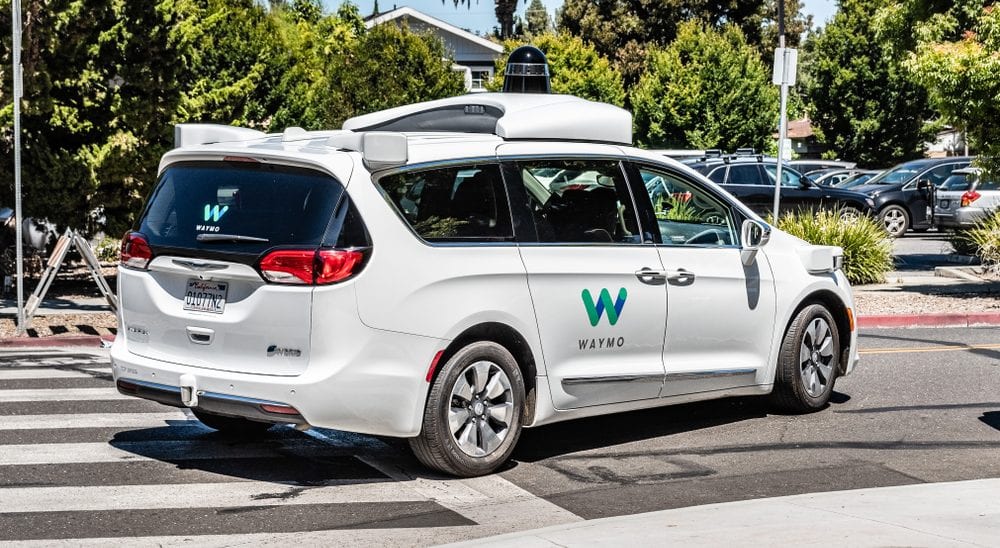How Has Motability Developed Over the Years?

It’s easy to take our independence for granted while we enjoy the little things in life like heading out to the shops or taking a trip to the football to support your team. However, it isn’t that easy for everybody.
There are currently over 11 million people living with a disability here in the UK. The journeys that we make each and everyday are simply not possible for some of those people without assistance from someone else. Technological advances within the motor industry have increased tenfold since the turn of the millennium. Now, in 2019, driverless cars, a concept that seemed like a pipe dream way back when, could finally be paving way on the roads of the UK.
We are joined by Lookers Ford, registered dealers of many well-known models such as the Ford Mondeo, as we take a close look at recent developments in disability motoring. We will consider how the engineering and technological developments of the motor vehicle industry has, and can still, impact the life of those living with disabilities.
When did it all begin?
In the aftermath of the second world war, the NHS was beginning to grow. Bert Greeves, a French-born engineer and motorcycle enthusiast, invented the very first accessible motor-driven trike, to give some form of independence back to his cousin Derek. These vehicles were designed for one person and certain models could reach up to 82mph – alongside the isolation these vehicles brought, they also weren’t particularly stylish, with even their owners referring to them as ‘noddy cars’.
How have we adapted over the years?
When you have a disability, choosing your dream car is more complicated than just arriving at the showroom and picking out the car you like the best. The added extras that could potentially be added are going to be a need rather than a want. For those who have difficulty applying pressure to the standard issue pedals, hand controls such as a push/pull lever can be fitted. Similarly, pedal modifications can be made, allowing drivers to adjust the position of the pedals when hitting the road.
Back in the days of Knight Rider many of us felt envious at David Hasselhoff’s ability to communicate with his car. Voice activation in the car is no longer a concept that you have to pull out your old VHS player for — it’s readily available with a simplistic Bluetooth feature in your car. Have you ever considered how much of a difference this function could make to someone with a disability on their daily journeys? Making a call home, navigating through a busy city centre or even turning the temperature up and down, can all be done via a voice command.
Read More: The importance of V2X for businesses and consumers
One women from Northern Ireland , Alsison Lockhart, spoke about the vehicle requirements necessary for those who suffers from spina bifida: “Having a vehicle professionally adapted to suit your needs opens up so many opportunities in employment and social activities, that otherwise would have been virtually impossible.” Alison requires a wheelchair and recently purchased her new car that includes various adjustments including a steering ball. Working more than 20 miles from her house, her life would be completely different without her own car.
What does the future hold?
So, that’s what we’ve seen in the past, but what about the future?
Autonomous vehicles certainly look to be the future of mutability. Realistically, it won’t be any time soon before we see the arrival of driverless cars on our roads, however the UK government are set to amend the laws regarding the area within the next two years.
Google’s new project, Waymo, is one of the first examples of autonomous cars we are now seeing on our roads. Waymo has even been labeled ‘the worlds most experienced driver’. Reports have already discussed how the cars will reduce the stress of parking, as they find the space for us. Similarly, free time will be in abundance due to the reduced hours spent behind a wheel when we could be doing so much else. But, more importantly, these advances could ultimately provide independence for millions of people across the world otherwise restricted by their disability.
For those living with a disability, the technologies that have been in developed since 1946 have proved hugely beneficial. These innovations help people navigate their day to day lives, and get from the metaphorical A to B. However, the future looks to hold a whole lot more.
